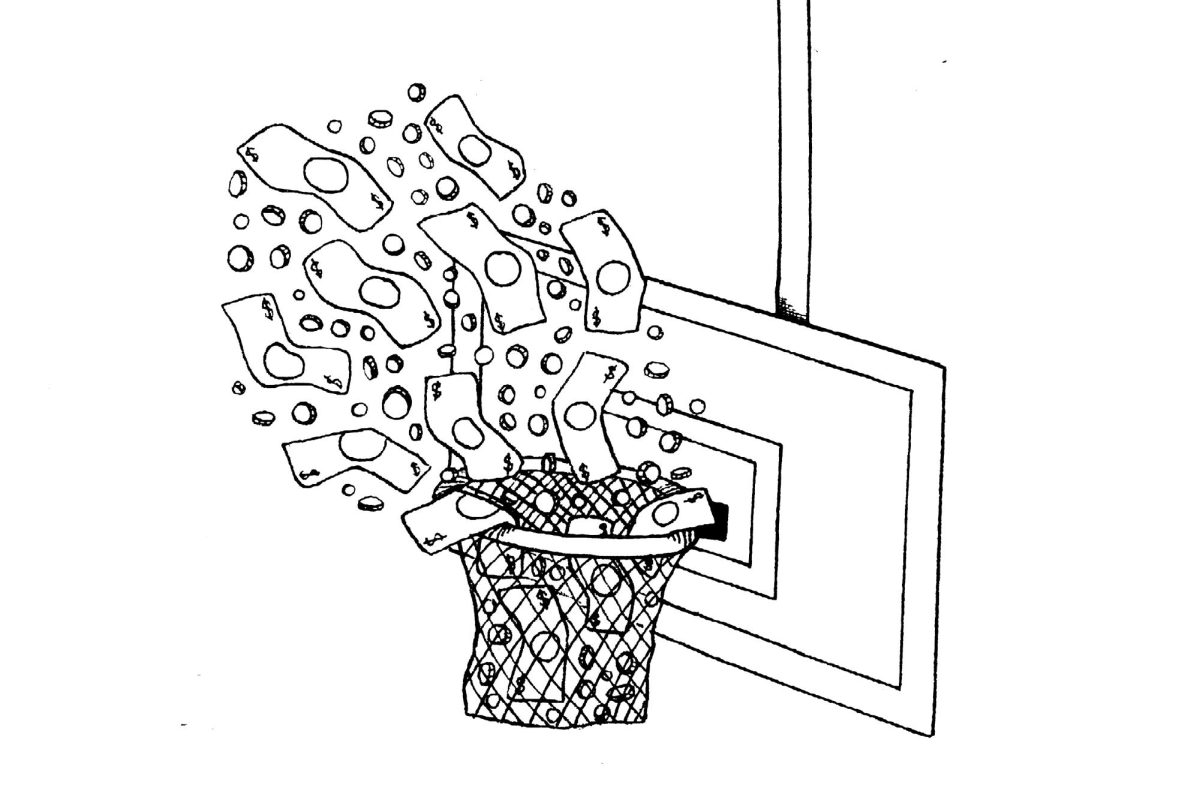The removal of an encampment of more than 50 unhoused people from McPherson Square earlier this month is the latest in a series of encampment clearings showcasing the District’s and federal government’s inhumane approach to homelessness during the pandemic. The McPherson Square removal follows similar clearings at Union Station this past June and across the city in 2021. With shelters nearing capacity and residents barred from “no-tent zones” in areas like parks and underpasses, do the city’s leaders think unhoused people will simply find another place to live?
The National Park Service was in charge of clearing the McPherson Square encampment because the park is on federal land, but it remains D.C.’s responsibility to deal with the consequences of uprooting so many people. The city continues to ignore and misunderstand the underlying causes of homelessness, prioritizing encampment clearings over adequate social services.
Mayor Muriel Bowser has doubled down on encampment evictions even as city lawmakers cautioned against doing so after a bulldozer swept up a tent with a person still inside during the NoMa encampment clearings in 2021. Imagine this scene and try to argue that evictions are beneficial to D.C. residents. Bowser’s desire to eliminate homelessness by any means necessary isn’t compatible with the complex situation facing each unhoused person in the District. If anything, it’s jeopardizing the city’s efforts – NoMa encampment residents told Axios last year that they weren’t comfortable accepting housing from the city.
Homelessness in the city is at its lowest point in 17 years based on a D.C. survey, but the cyclical nature of homelessness can complicate attempts to accurately count unhoused people. More than 3,403 people – including 1,007 adults and children in 347 family households – are experiencing homelessness in the city on any given night. And roughly 86.4 percent of unhoused people in D.C. in 2020 were Black – a statistic that reflects how broader racial and socioeconomic inequities have continued to plague the District.
The city operates 10 low-barrier shelters that provide beds on a first-come, first-served basis and additional overflow shelter sites to account for increased demand during the winter. But D.C.’s shelters have already been under immense stress because of the pandemic – stress that cold spells and the still-unaddressed needs of migrants to the city have only exacerbated. Even with the District’s shelters consistently near capacity, the District has closed programs connecting unhoused residents to hotels and continued destroying unhoused encampments – actions that will only exacerbate homelessness in the city.
While there are federal and local agencies tasked with addressing homelessness in D.C., something is not working. Nongovernmental organizations like the D.C. Coalition for the Homeless, Friendship Place and Thrive D.C. support unhoused people to the best of their ability, but elected officials must ensure their local communities – both housed and unhoused – have the resources they need.
The city’s $19.5 billion fiscal year 2023 budget, an uptick from $17.5 billion in fiscal year 2022, increased investments in public safety, housing programs and city services to address homelessness. Yet thousands remain unhoused every night in the District, and no amount of funding will make up for leaders who shrug off the issues they face.
Bowser called encampments “dangerous,” citing alleged violence and drug activity in McPherson Square. Only six of the more than 50 people living in McPherson Square were directly matched to housing as of Wednesday, according to the D.C. Mayor’s Office.
The desire for public safety is reasonable but demonizing unhoused people and encampments in the process is not. The city removed what some described as a perceived threat in McPherson Square with little regard for the people living there. Claims of drug activity within encampments do not justify shutting them down – they only showcase the need for more support and resources.
Unhoused people are not the enemy that the media or others might make them out to be. Homelessness is not a disease to be cured – it is a product of systemic failures, not personal flaws.
The city and nongovernmental organizations need to work together to address the basic needs of D.C. residents, or at the very least, not make the lives of those already struggling more difficult. One unhoused individual is one too many, but federal and city agencies are removing people from the places they call home just a few blocks away from Foggy Bottom. D.C.’s continued misguided efforts to address homelessness are solidifying barriers to equity, growth and success for unhoused people in the District day by day.
Empathize, speak up and determine what you can do to support your unhoused neighbors. Whether through volunteering at local organizations like Miriam’s Kitchen or Coalition for the Homeless, raising awareness or financially supporting organizations, we can all work to support those who surround us.
At a time when the fundamental right to shelter is increasingly difficult to come by, every person in D.C. – and in this world – deserves respect, dignity and empathy.
Jessica Rich, a freshman studying human services and social justice, is an opinions writer.



